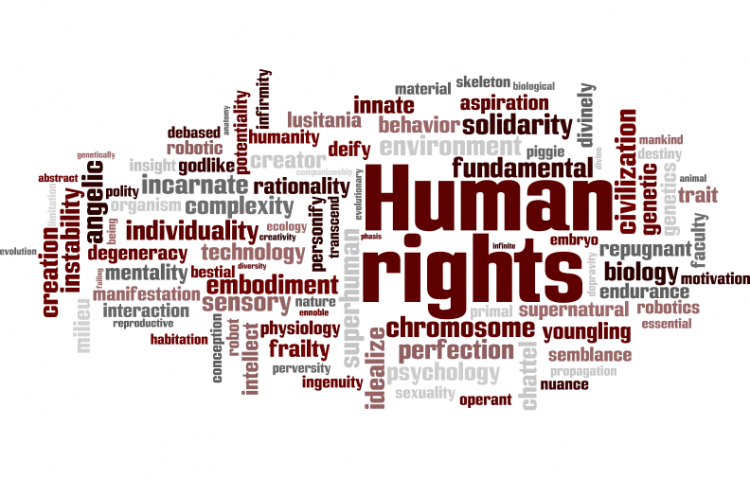
- Target:
- Ministry of Gender, Labour and Social Development for Uganda
- Region:
- Uganda
In spite of laws against mutilation of females, this ill-treatment continues in many parts of Africa. Different organizations working against the practice, stress the need of thorough information on the damage this tradition generates on women. Female Genital Mutilation (FGM), also known as female circumcision, or female genital cutting, has been practiced for several thousand years in almost 30 African and Middle Eastern nations. It is also practiced, to a lesser extent, in parts of Asia. FGM is practiced by Muslims, Christians, Jews and followers of traditional African religions.
Last December the Ugandan parliament passed a law banning female circumcision. President Yoweri Museveni signed it into a law on March 17, 2010 and it took effect on April 9, 2010. Rooted in the Ugandan culture, the Kaptchorwa people do this in the name of sexual satisfaction for the men and preventing women from dishonest sexual acts yet it is to control women's sexuality in society. It is also a violation of the human rights of girls and women.
This community as many others in the country still do not acknowledge that the practice is wrong. Rather than fearing the loss of culture and the disintegration of tradition, society must consider the health of these girls who, while being held in place, would have a most sensitive part of her body cut without a say and without the possibility of ever reversing the damage done.
From a medical standpoint, cutting any healthy part of a body is never the right thing to do. While a cancer could be cut to save the life of a child, there is absolutely no reason to cut a perfectly healthy part of the body just because tradition says so. In addition female genital mutilation has many other health implications, such as failure to heal; abscess formation; cysts; excessive growth of scar tissue; urinary tract infection; painful sexual intercourse; increased susceptibility to HIV/AIDS, hepatitis and other blood-borne diseases; reproductive tract infection; pelvic inflammatory diseases; infertility; painful menstruation; chronic urinary tract obstruction/ bladder stones; urinary incontinence; obstructed labour; increased risk of bleeding and infection during childbirth.
This is a right to health and I think it is very important that as Africans we start thinking about the rights of our people as individuals and as human beings. Female circumcision is a complex issue about gender, belief and power.
Ultimately, the law is a very important tool and I suppose it was endorsed in the interest of public health. It is also a form of empowerment for those who are less powerful in society. These people including women and young girls who are about to be circumcised I strongly believe many of them would rather not be circumcised. There are also families who would rather not circumcise their children, but social pressures dictate the practice. LET THE LAW GIVE THOSE PEOPLE POWER THEY WOULD NOT OTHERWISE HAVE.
We, the undersigned, call on the Ugandan Government to stop this inhuman act that is about to take place in from 01st December 2010 in Bukwo and Kapchorwa districts (Northern Uganda).
You can further help this campaign by sponsoring it
The Ban the circumcision of over 200 girls petition to Ministry of Gender, Labour and Social Development for Uganda was written by Josephine and is in the category Human Rights at GoPetition.